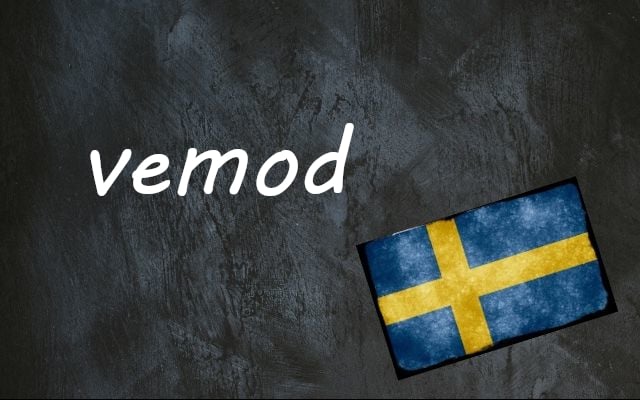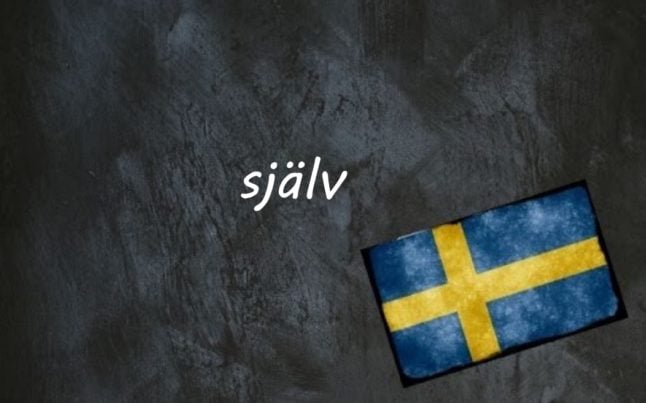If you ask a Swede to name the words that best encapsulate the Swedish psyche, vemod – originally from the German word Wehmut – may very well be among the top ten.
The closest English translation is probably melancholy, or perhaps wistfulness – it’s a kind of sorrow, lined with a longing for things that have been and are still to come. They’re not quite within your reach, but you know that they’re there, and you know they’re not yet lost.
Picture the solitude of the vast northern Swedish forests, the feeling of regret at the end of summer, the weariness as you know that spring is right around the corner but winter just won’t seem to let go, the excitement and sadness of moving to a new country.
That’s vemod.
Perhaps Swedish poet Karin Boye expressed it best in her most well-known poem:
Yes, of course it hurts when buds are breaking.
Why else would the springtime falter?
Why would all our ardent longing
bind itself in frozen, bitter pallor?
After all, the bud was covered all the winter.
What new thing is it that bursts and wears?
Yes, of course it hurts when buds are breaking,
hurts for that which grows
and that which bars.
(translation by David McDuff)
In Swedish:
Ja visst gör det ont när knoppar brister.
Varför skulle annars våren tveka?
Varför skulle all vår heta längtan
bindas i det frusna bitterbleka?
Höljet var ju knoppen hela vintern.
Vad är det för nytt, som tär och spränger?
Ja visst gör det ont när knoppar brister,
ont för det som växer
och det som stänger.
Villa, Volvo, Vovve: The Local’s Word Guide to Swedish Life, written by The Local’s journalists, is now available to order. Head to lysforlag.com/vvv to read more about it. It is also possible to buy your copy from Amazon US, Amazon UK, Bokus or Adlibris.



 Please whitelist us to continue reading.
Please whitelist us to continue reading.
The Swedish folk tune “Visa från Utanmyra”, played here by Jan Johansson, also feels very “vemod” to me: https://open.spotify.com/track/1CRxANVlNyN2IYjarx96gU?si=a798b69bf0a04f9e
I would love to hear if you have any similar words in your native languages!